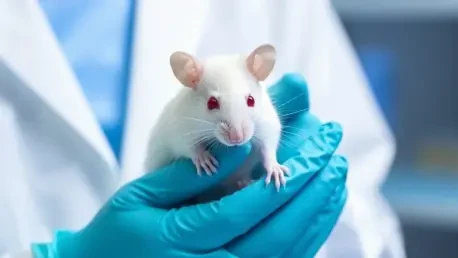
The African continent stands at a critical juncture, facing a complex dual burden of infectious diseases and a rapidly rising tide of non-communicable chronic conditions that strain already fragile health systems. Addressing these multifaceted challenges requires a new generation of highly skilled,

A significant critique with far-reaching implications for medical research and clinical practice has exposed profound methodological flaws in a widely referenced meta-analysis, igniting an urgent conversation about the very bedrock of modern healthcare. The research, conducted by K. Pai, A. Raghav,

The journey of a new drug from a laboratory concept to a patient's bedside is notoriously fraught with failure, with a staggering nine out of ten candidates failing in human clinical trials due to unforeseen safety or efficacy issues. This high attrition rate not only represents a massive financial

A quiet renaissance is underway in clinical research, fundamentally transforming the long-established methods for capturing and quantifying the complete patient experience. The ascent of integrated platforms, driven by sophisticated electronic clinical outcome assessment (eCOA) systems and advanced

The path to recovery following ocular surgery has long been a delicate balance of managing pain and inflammation while adhering to complex and often cumbersome treatment regimens. Patients are frequently tasked with administering multiple types of eye drops several times a day, with schedules that

In a year marked by significant advancements in health and medicine, the Hunter Medical Research Institute recently gathered to celebrate the individuals and teams whose pioneering work is shaping the future of healthcare at the 2025 HMRI Research Excellence Awards. The prestigious annual gala,